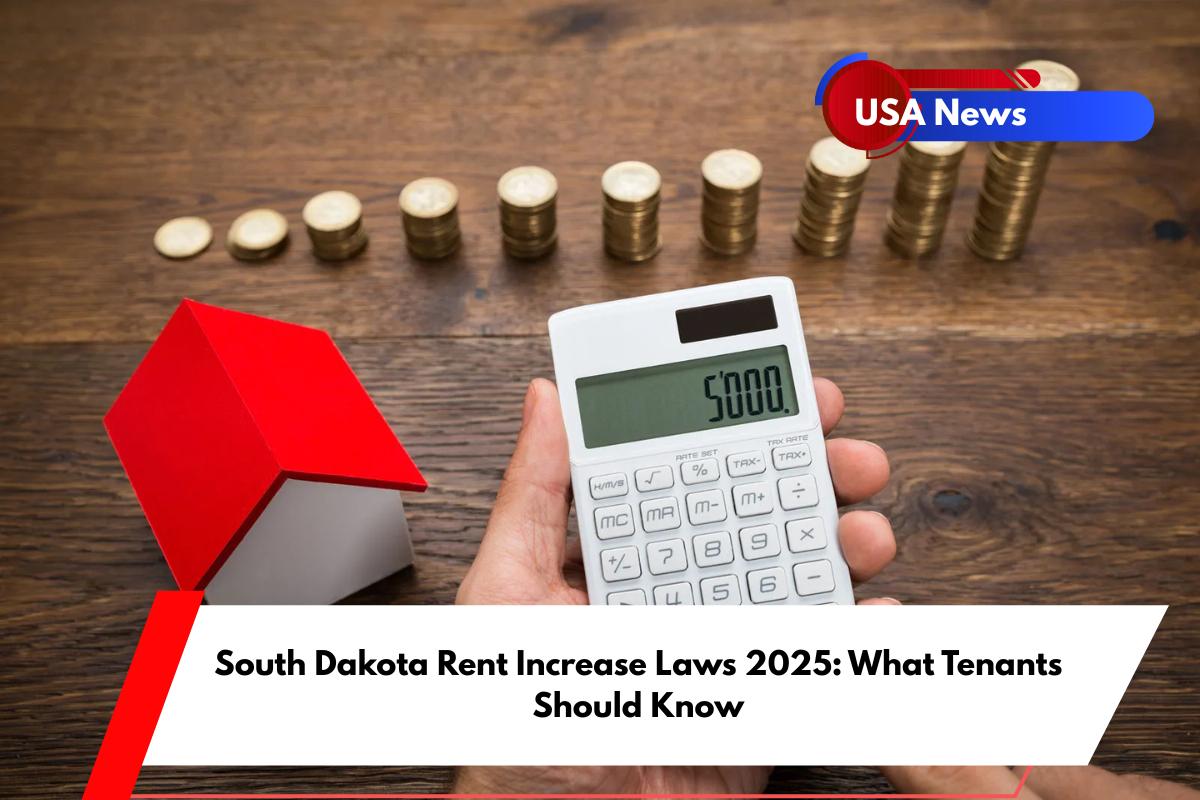If you’re renting a home or apartment in South Dakota, it’s important to understand the rules regarding rent increases. Unlike some other states, South Dakota does not have rent control laws or caps on how much landlords can raise rent.
This means there are no legal limits on rent hikes, and landlords have a lot of flexibility when it comes to increasing rent. However, there are still some important rules that landlords must follow when it comes to notifying tenants about rent increases.
In this article, we’ll break down everything you need to know about rent increases in South Dakota, including notice requirements, how often rent can be raised, and what you can do if you think an increase is unfair.
No Rent Control or Cap on Increases
In South Dakota, there is no statewide rent control. This means landlords are allowed to raise rent by any amount they choose, with no legal cap on how much they can increase it.
Most cities and counties in the state do not have local ordinances that regulate rent increases either. As a result, this rule applies across the state. If you’re a tenant in South Dakota, it’s important to understand that your landlord can raise the rent without any restrictions on the amount.
Notice Requirements for Rent Increases
Even though landlords can raise rent as much as they want, they are still required to follow specific notice rules. For month-to-month leases, landlords must provide at least 30 days (a full calendar month) of written notice before the new rent amount takes effect.
The notice must be in writing and include the new rent amount and the date when the change will happen. Informing tenants through text messages or verbal communication is not allowed—everything must be documented in writing.
If you’re on a fixed-term lease, such as a one-year lease, your landlord cannot increase the rent during the lease term unless your lease agreement allows for such increases.
If the lease allows rent increases, it should also specify how and when those increases will happen. Any increase for a new lease term must also be communicated with proper notice.
How Often and By How Much Can Rent Be Raised?
There is no limit to how often or by how much a landlord can raise the rent, as long as they give the required notice and don’t violate the lease terms. The increase doesn’t have to be justified—landlords can raise the rent as they see fit.
However, it’s important to note that rent hikes should not be done in a retaliatory or discriminatory way. For example, a landlord cannot increase rent because a tenant made a complaint or based on factors like race or gender. If a rent increase seems unfair, tenants have the right to challenge it.
Challenging Unfair Rent Increases
If you believe that a rent increase is excessive, you can try to negotiate with your landlord. You may also want to gather evidence of similar rents in the area to support your case. If you think the increase is retaliatory or discriminatory, you may have grounds to challenge it in court.
For tenants on a month-to-month lease, if the rent increase is not acceptable, they can choose to terminate the lease by giving 15 days’ written notice before leaving. This is one way to avoid accepting a new, higher rent.
Sources:
1. https://www.hemlane.com/resources/south-dakota-rent-control-laws/
2. https://www.steadily.com/blog/rent-increase-laws-regulations-south-dakota
3. https://www.steadily.com/blog/how-much-can-a-landlord-raise-rent-in-south-dakota
4. https://american-apartment-owners-association.org/landlord-tenant-laws/south-dakota/













